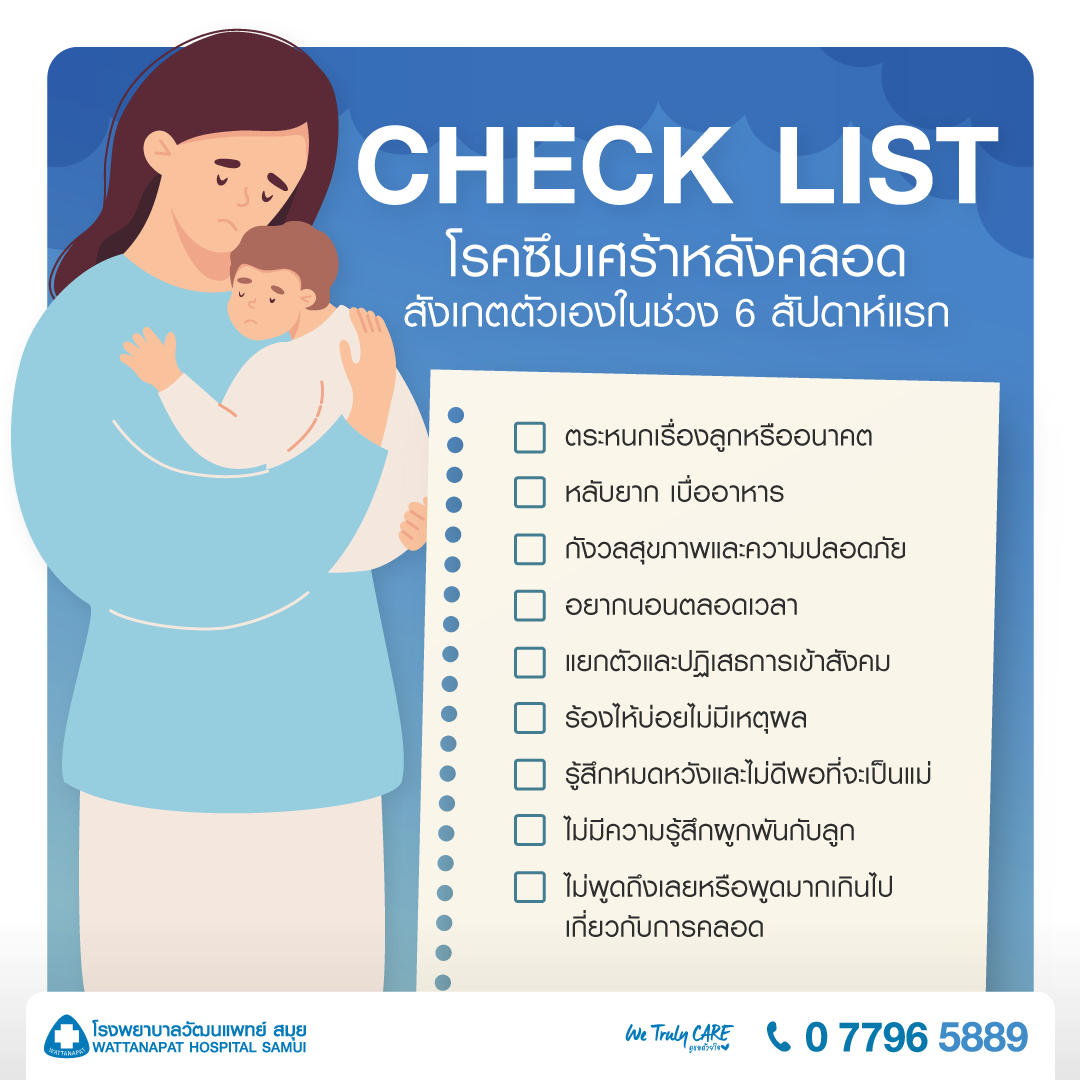Baby Blues and Postpartum Depression
What is Baby Blue or Postpartum Depression?
Baby Blue, is a condition where new mothers experience sadness, anxiety, and stress after giving birth. This is caused by the rapid drop in estrogen and progesterone levels following childbirth, along with changes in prolactin and oxytocin hormones, which are released to stimulate milk production. Additionally, the stress of adapting to a new routine, sleep deprivation, and the exhaustion from caring for a newborn 24/7 contribute to this condition.
Key Points:
- Affects 50-80% of new mothers.
- Most commonly, it occurs 3-10 days after childbirth.
- Caused by rapid hormonal changes.
- Accompanied by stress, sleep deprivation, and fatigue.
- However, these symptoms typically improve on their own within 2 weeks.
Postpartum Depression
In the beginning, new mothers may experience emotional issues such as sadness, sensitivity, frequent crying, anxiety about caring for the baby, insomnia, and constant fatigue. Normally, these symptoms improve within 2 weeks. However, if the symptoms are severe, persist for a long time, and show no signs of improvement, it may lead to postpartum depression.
Symptoms of Postpartum Depression:
- Feeling sad, uninterested, or easily irritated.
- Loss of interest in activities once enjoyed.
- Loss of appetite or overeating.
- Sleep disturbances.
- Slowed movements or restlessness.
- Fatigue, weakness, and lack of energy.
- Feelings of worthlessness.
- Difficulty concentrating and poor memory.
- Thoughts of self-harm.

Coping with Stress and Postpartum Depression:
- Understand the changing emotions.
- Find ways to relax.
- Engage in physical exercise.
- Change the environment.
- Seek support (love and understanding from your partner).
- Consult a psychiatrist.


